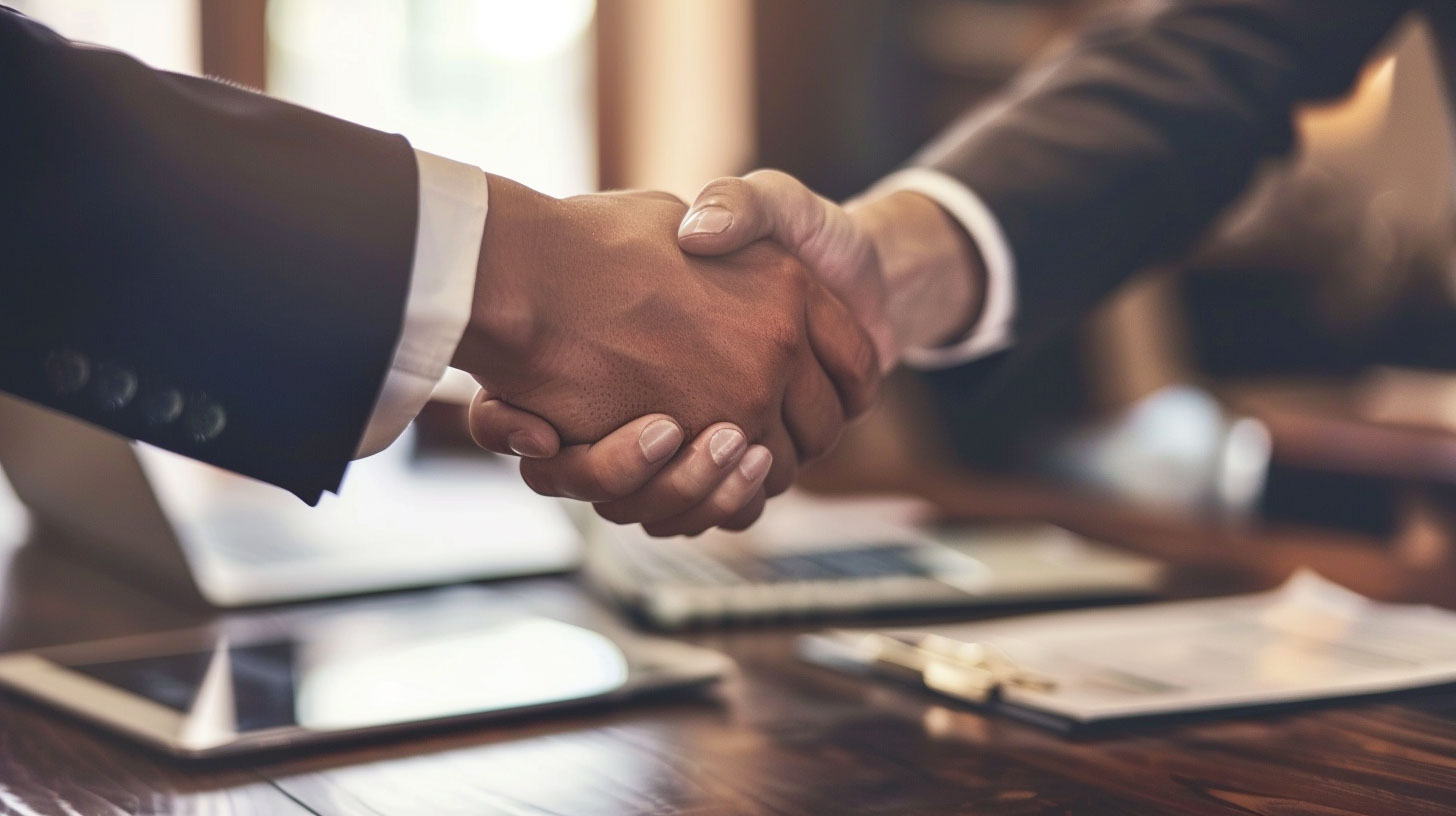Non-Governmental Organizations (NGOs) play a pivotal role in the development and functioning of many countries, and Guinea is no exception. These organizations contribute in multifarious ways, ranging from humanitarian aid to policy advocacy, and their influence is profoundly felt within the legal system of Guinea. This article explores the impact of NGOs on Guinea’s legal landscape, outlining their contributions and challenges.
The Context of Guinea
Located on the west coast of Africa, Guinea is a nation rich in natural resources, including bauxite, gold, and diamonds. Despite its wealth in minerals, the country faces significant economic challenges, including poverty, political instability, and infrastructural deficits. Over the years, Guinea has experienced turbulent political changes, which have created a complex backdrop for legal and social systems. In this context, NGOs have emerged as key players in fostering development and stability.
Advocacy and Legal Reforms
One of the primary roles of NGOs in Guinea is advocacy for legal reforms. These organizations work tirelessly to promote human rights, environmental protections, and social justice. For instance, organizations such as the Guinean Organization for the Defense of Human Rights (OGDH) and the Association of Women Judges of Guinea have been instrumental in advocating for stronger legal frameworks to protect vulnerable populations.
Through various initiatives, such as public awareness campaigns, workshops, and lobbying efforts, NGOs push for changes in laws and policies. Their work has led to significant legal advancements, including reforms in gender equality, child protection laws, and anti-corruption regulations.
Legal Aid and Support Services
Many Guineans, especially those in rural areas, have limited access to legal resources. Here, NGOs step in to fill the gap. Organizations provide legal aid and support services to individuals who might otherwise be unable to navigate the complexities of the legal system. For example, the Association of Women Lawyers in Guinea provides free legal assistance to women and children facing domestic violence and other forms of abuse.
These NGOs often operate legal clinics, offer representation in court, and provide education on legal rights. Their work ensures that justice is more accessible to the underprivileged and marginalized groups in society.
Capacity Building and Training
NGOs also contribute to strengthening the legal system by building capacity among legal professionals and law enforcement officers. This includes training judges, lawyers, and police officers on human rights, ethical practices, and new legal standards. By enhancing the skills and knowledge of these key players, NGOs help improve the overall effectiveness and fairness of the legal system.
One notable example is the training programs conducted by the International Federation for Human Rights (FIDH) in Guinea. These programs focus on issues such as fair trial standards, rights of detainees, and the importance of an independent judiciary.
Challenges and Obstacles
Despite their vital contributions, NGOs in Guinea face numerous challenges. Political instability and resistance from government authorities can hinder their operations. Additionally, limited funding and resources constrain their ability to reach wider populations and sustain long-term projects. These challenges require NGOs to continuously adapt and find innovative solutions to fulfill their missions.
Conclusion
The role of NGOs in Guinea’s legal system cannot be overstated. They are crucial in advocating for legal reforms, providing legal aid, and building the capacity of legal professionals. While they face significant obstacles, the impact of their work contributes to a stronger, more equitable legal system in Guinea. As the country continues to evolve, the support and influence of NGOs will undoubtedly remain a cornerstone of its legal and social development.
Suggested related links about The Role of NGOs in Guinea’s Legal System:
International Center for Not-for-Profit Law (ICNL)
These links provide valuable resources and information on the role and impact of NGOs in various legal systems, including Guinea’s.
